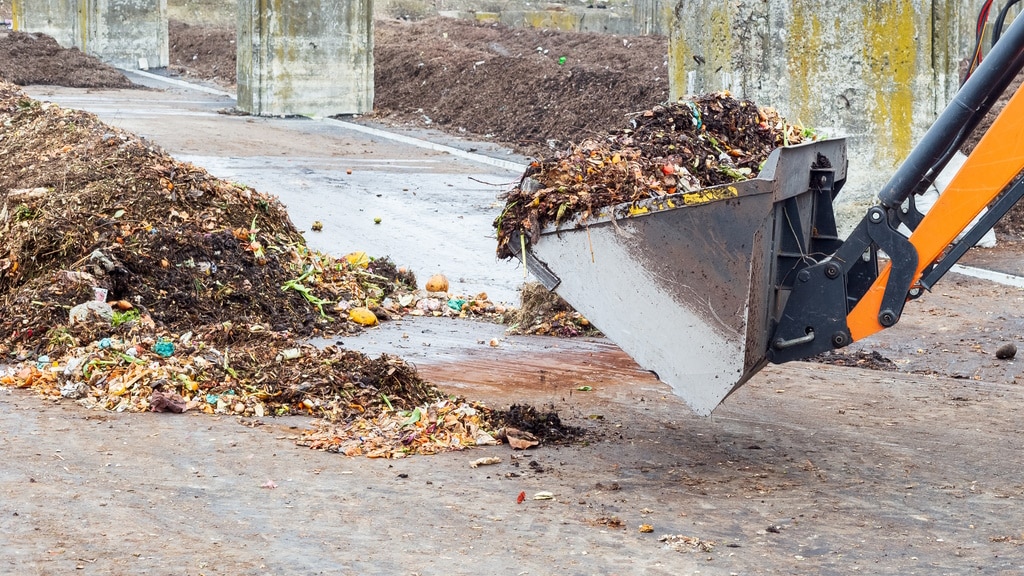Replacing chemical fertilisers with organic fertilisers in Malawi’s agricultural sector. This is the ambition of the Malawian government, which has just launched the Promotion of Organic Soil Improvement Systems to Build a Sustainable Economy (Possible) project in Blantyre and Lilongwe. The ceremony was presided over by Gertrude Kambauwa, Director of the Department of Natural Resources and Conservation at the Malawian Ministry of Agriculture, in the presence of Ivo Hoefkens, Head of Cooperation at the European Union (EU) Delegation in Malawi, and the Mayor of Lilongwe, Richard Banda.
The Centre for Environmental Policy and Advocacy (CEPA) is implementing the project, which will make it possible to convert organic waste into fertiliser. The centre is working with Waste Advisers and the Malawi University of Commerce and Applied Sciences (MUBAS).
EU funding of €1.2 million
Firstly, this approach will enable the restoration of soils whose fertility has been reduced over the years by the excessive use of chemical fertilisers. According to CEPA, the ‘Possible’ project will also help to strengthen food systems to improve agricultural yields, as well as reducing solid waste pollution in the two target towns.
“This project is very important because it will support the efforts we are already making to promote the use of organic manure. Our focus will be on the volumes of manure that will be produced so that they are readily available to all farmers who would like to use them,” explains Gertrude Kambauwa, Director of the Natural Resources and Conservation Department of the Malawi Ministry of Agriculture.
Read Also – MALAWI: Lilongwe has its solid waste management plan
According to CEPA, the results of the “Possible” project should be visible by December 2025. All the activities planned within this framework will cost more than €1.26 million, of which €1.2 million will be funded by the EU.
Inès Magoum
